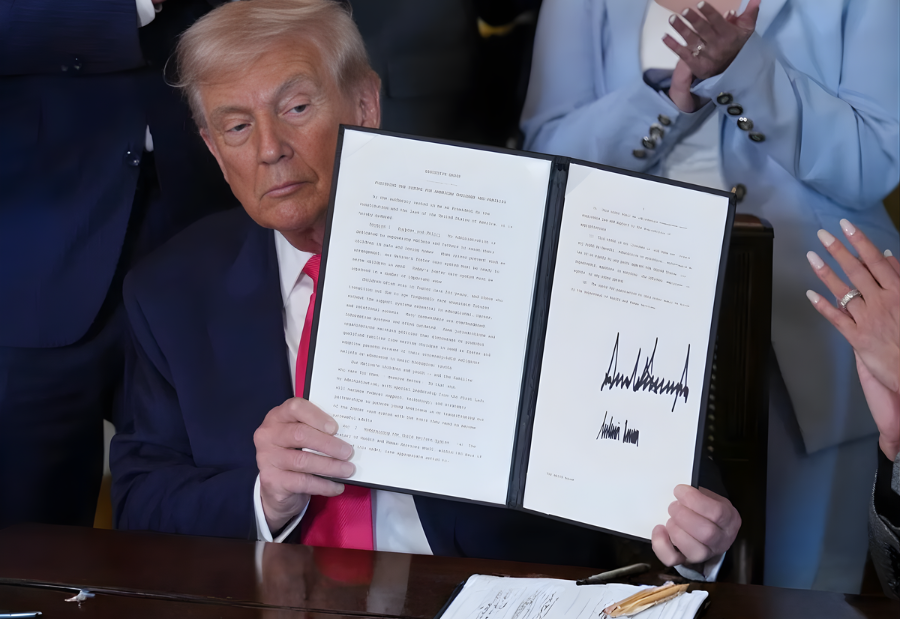The White House has paused work on a draft executive order that would have challenged state level artificial intelligence regulations through lawsuits and by restricting access to federal funding, according to two sources familiar with the matter. The proposed order had drawn strong interest because it showed how far the administration under Trump was prepared to go to support AI companies that argue state rules slow down innovation.
Officials declined to comment on the development. Earlier in the week, a White House representative said any discussion about potential executive actions remained speculative until formally announced.
The draft order would have instructed Attorney General Pam Bondi to create an AI Litigation Task Force responsible for contesting state AI laws. The order document said these challenges could argue that state rules interfere with interstate commerce, conflict with federal regulations or are otherwise unlawful. It also called for the Department of Commerce to assess state AI laws and prepare guidance that could lead to the withholding of broadband funds in certain cases.
The Senate had already voted ninety nine to one earlier this year against a proposal to block AI regulations at the state level. The original version of that proposal would have made states that regulate AI ineligible for support from the forty two billion dollar Broadband Equity Access and Deployment program known as BEAD. Lawmakers and attorneys general from both parties opposed the measure, saying it undermined their ability to safeguard residents from fraud, deepfakes and harmful imagery involving children.
The debate intensified after Trump backed a similar move in Congress to include comparable restrictions in the National Defense Authorization Act. Major AI industry leaders including Google, OpenAI and a prominent venture capital firm have urged the federal government to override state laws, arguing that inconsistent rules across states slow down progress.
News of the draft order triggered widespread reactions. Marjorie Taylor Greene, a Republican representative from Georgia, rejected the order idea, saying on X that “States must retain the right to regulate and make laws on AI and anything else for the benefit of their state” and added that “Federalism must be preserved.” Amy Klobuchar, a Democratic senator from Minnesota, said the proposal was unlawful and accused it of targeting states for creating AI protections that safeguard consumers, children and creators, including by risking internet access for rural communities.
Robert Weissman from a consumer advocacy group said AI was already causing significant harm and called it “almost unfathomable” that the administration would move to block state level protections. He added that “For all his posturing against Big Tech, Donald Trump is nothing but the industry’s well paid waterboy.”
Also read: Viksit Workforce for a Viksit Bharat
Do Follow: The Mainstream formerly known as CIO News LinkedIn Account | The Mainstream formerly known as CIO News Facebook | The Mainstream formerly known as CIO News Youtube | The Mainstream formerly known as CIO News Twitter
About us:
The Mainstream is a premier platform delivering the latest updates and informed perspectives across the technology business and cyber landscape. Built on research-driven, thought leadership and original intellectual property, The Mainstream also curates summits & conferences that convene decision makers to explore how technology reshapes industries and leadership. With a growing presence in India and globally across the Middle East, Africa, ASEAN, the USA, the UK and Australia, The Mainstream carries a vision to bring the latest happenings and insights to 8.2 billion people and to place technology at the centre of conversation for leaders navigating the future.




